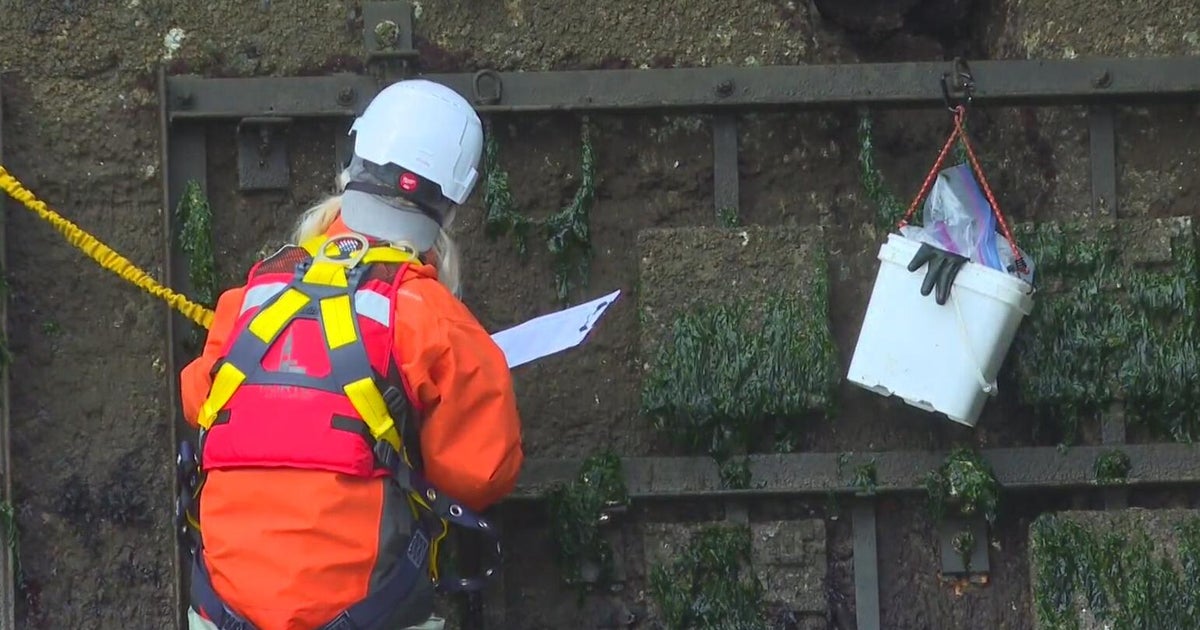Stanford Research: Video Surveillance Gives Glimpse Into Hand-Washing Behavior
SAN FRANCISCO (KCBS)— Research has shown the best defense against infectious disease is to just wash your hands. Simple enough, right? Well for developing countries the message isn't getting across. Low-income young children in those areas are only washing their hands 17 percent of the time.
Researchers at Stanford are now using video surveillance to look at ways to change that. Amy Pickering, the study's lead author and a research associate at the Stanford Woods Institute for the Environment, explained how cameras were set up outside of latrines in public schools in Kibera, Kenya to monitor students' hand-washing behavior.
"The videos were actually capturing students entering/exiting latrines and then if they engaged in washing their hands at hand washing stations with soap and water," she said.
Another study found that video surveillance can provide insights into hand-washing behavior; for example, when another person is present, hand-washing increases 23 percent.
When asked if they students knew whether or not the cameras were present, she said they did, in fact, know. But would that be enough to impact their behavior?
"I think that probably in the beginning there was some reactivity to the cameras. They were up for three times a week for two months. I think that was enough time for the kids to get used to the cameras," she said.
Researchers hypothesized the students would be less likely to change their behavior as a result of a camera being trained on them versus having an actual person watching them.
Stanford Research: Video Surveillance Gives Glimpse Into Hand-Washing Behavior
Pickering said traditional hand washing studies are conducted by having actual study staff go to places where they want to measure behavior and watch firsthand.
"If you have someone watching what you're doing, you're more likely to change your behavior," she said.
The same applies in what are considered developed countries. We tend to succumb to hand-washing peer pressure in public restrooms according to research.
"We all know when we go into a bathroom; we're more likely to wash our hands if there's someone else in the restroom with us," Pickering said.
She argued that American kids are more exposed to technology and that if cameras were put in their bathrooms they'd be even less likely to change their hand-washing behavior.
The kids in Kenya are educated on the importance of washing their hands through videos that emphasize the importance in doing so to reduce the transmission of germs.



